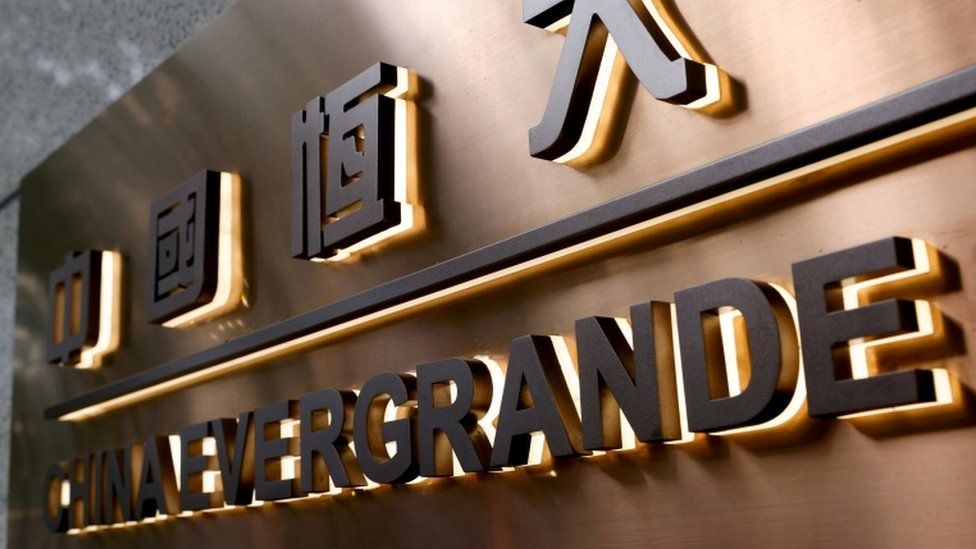ARTICLE AD BOX
 Image source, Reuters
Image source, Reuters
By Mariko Oi
Business reporter
Property giant Evergrande has filed for bankruptcy protection in the US as the real estate crisis in China deepens.
The move comes as problems in China's property market are adding to concerns about the world's second largest economy.
China's economic growth has slowed, exports have fallen and youth unemployment has hit a record high.
Last week, official figures showed the country had slipped into deflation for the first time in more than two years.
China Evergrande Group made the Chapter 15 bankruptcy protection filing in a New York court on Thursday.
Chapter 15 protects the US assets of a foreign company while it works on restructuring its debts.
Evergrande, which defaulted on its debt repayments in 2021, has been working to renegotiate its agreements with creditors.
With an estimated $300bn of debts, it was the world's most heavily indebted property developer.
At the time, concerns that the firm was on the brink of collapse sent shockwaves through global financial markets.
The company's Hong Kong-listed shares have been suspended from trading since March 2022.
Evergrande revealed last month that it lost a combined 581.9bn yuan ($80bn; £62.7bn) over the last two years.
Last week, another Chinese property giant, Country Garden, warned that it could see a loss of up to $7.6bn for the first six months of the year.
Earlier this month, Beijing said that China's economy had slipped into deflation as consumer prices declined in July for the first time in more than two years.
Weak growth means China is not facing the rising prices that have rattled many other countries and prompted central bankers elsewhere to sharply increase borrowing costs.
The country's imports and exports also fell sharply last month as weaker global demand threatened the recovery prospects of the world's second-largest economy.
Official figures showed exports fell by 14.5% in July compared with a year earlier, while imports dropped 12.4%.
Earlier this week, China's central bank unexpectedly cut key interest rates for the second time in three months, in a bid to boost the economy.

 1 year ago
33
1 year ago
33








 English (US) ·
English (US) ·